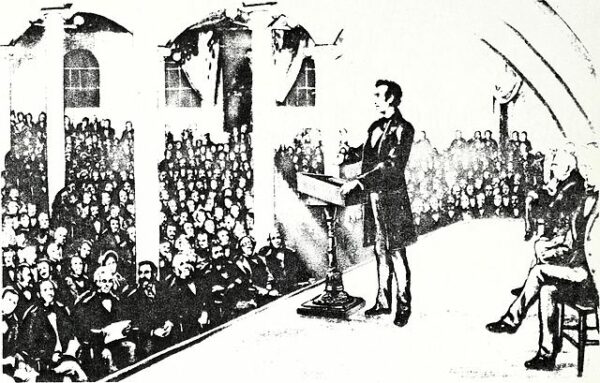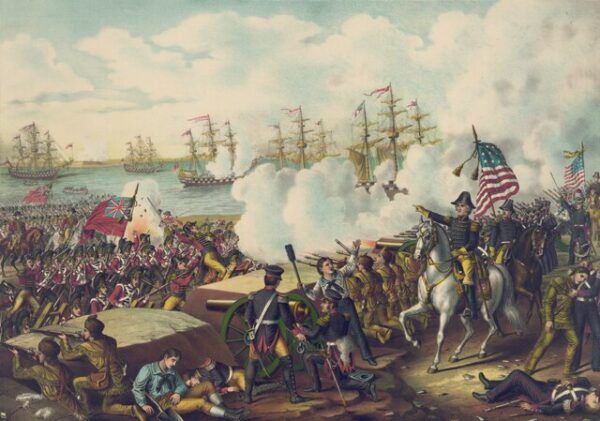Abraham Lincoln’s Cooper Union address, delivered on February 27, 1860, in New York City, stands as one of the most legendary speeches ever given by an American politician. At the time, the United States was deeply divided over the issue of slavery, and the nation stood on the brink of a Civil War. Lincoln, a relatively unknown figure outside of Illinois, used the Cooper Union platform to articulate his views on slavery and its future expansion into the territories, propelling him to the forefront of national politics.
The address was a carefully crafted speech that aimed to dispel the notion that Lincoln was a radical abolitionist. Instead, he sought to position himself as a moderate, advocating for the containment of slavery rather than its immediate abolition. Lincoln argued that the Founding Fathers had intended to restrict slavery’s expansion, and he cited historical evidence to support his claim.
Lincoln’s speech at Cooper Union was a turning point in his political career. It showcased his intellectual rigor and his ability to present a compelling argument. The address helped him gain recognition on the national stage and solidified his reputation as a formidable orator. As a result, Lincoln emerged as a leading contender for the Republican nomination for the upcoming presidential election.
The ramifications of the Cooper Union address were significant. It bolstered Lincoln’s credibility among anti-slavery Republicans who were wary of compromising on the issue. His moderate stance appealed to a broad coalition of voters, from abolitionists to conservative Republicans, providing him with a diverse base of support.
Lincoln’s newfound national recognition played a crucial role in securing his nomination as the Republican candidate. In the general election, he faced three other major candidates: John C. Breckinridge of the Southern Democrats, John Bell of the Constitutional Union Party, and Stephen A. Douglas of the Northern Democrats. Lincoln’s victory in the election further heightened tensions between the North and the South, ultimately leading to the secession of Southern states and the onset of the Civil War.
In essence, the Cooper Union address marked a turning point in American history. It propelled Lincoln into the national spotlight, united anti-slavery forces, and intensified the conflict between the North and the South. Lincoln’s presidency, shaped by the ideas he presented at Cooper Union, would be defined by the challenges and crises of the Civil War, ultimately reshaping the nation and its commitment to the principles of freedom and equality.
You can listen to the Cooper Union speech, as performed by Law and Order actor Sam Waterston, below:






